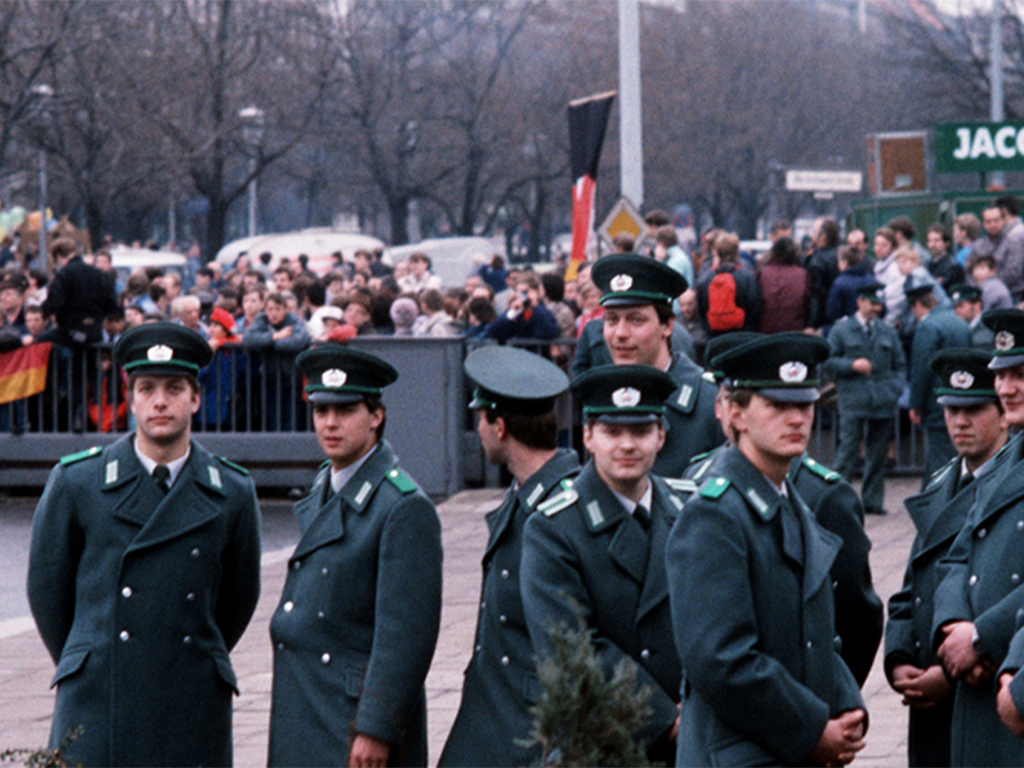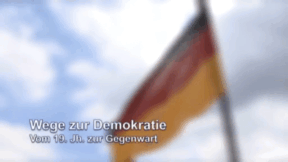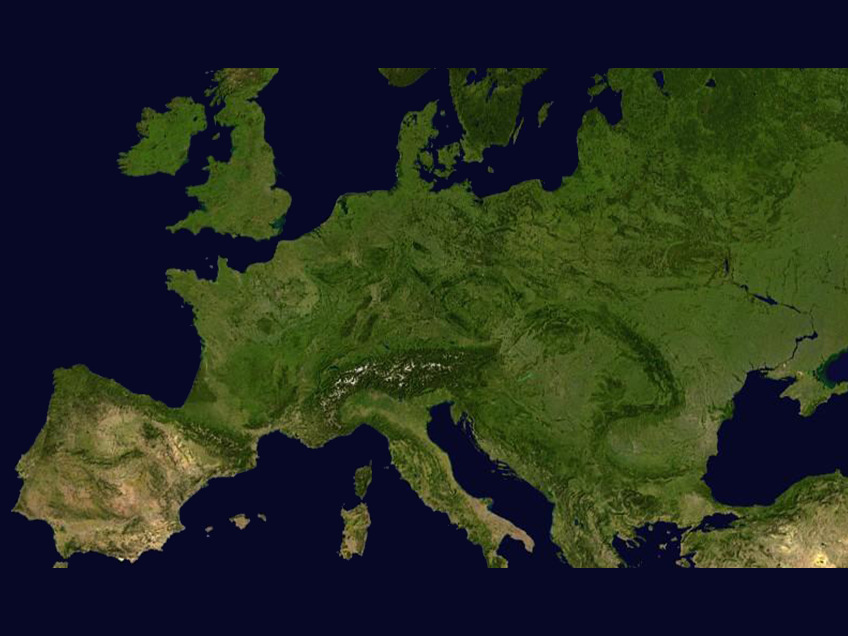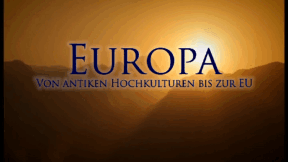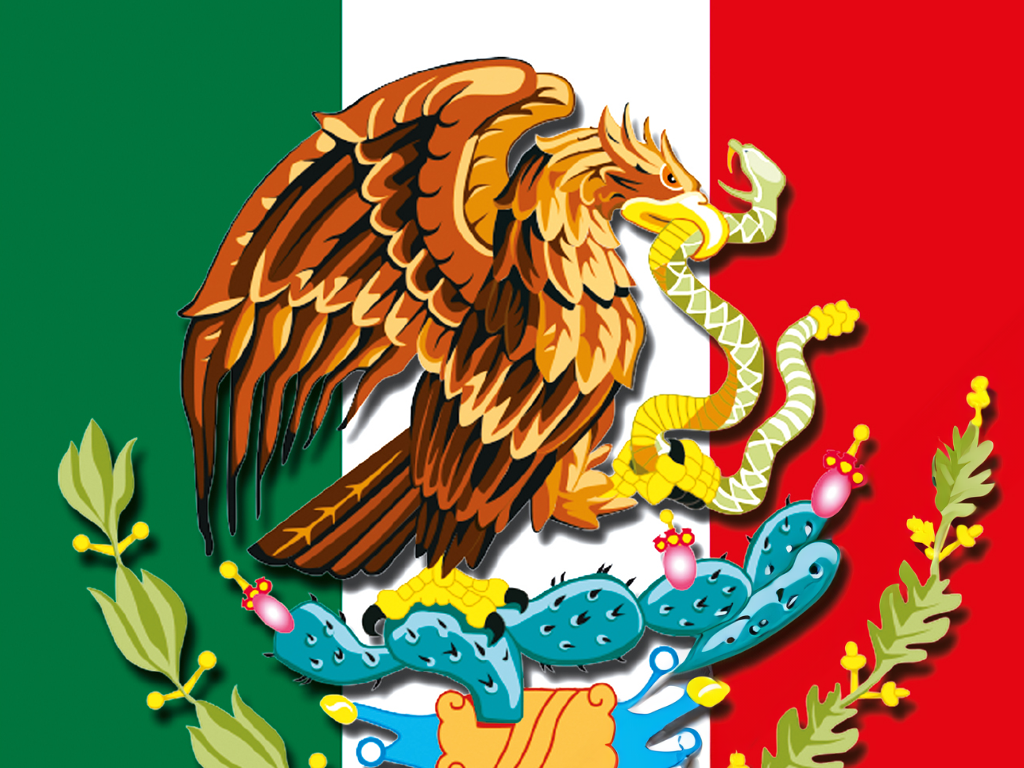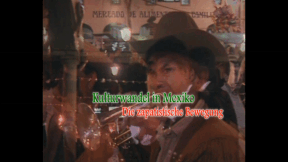 History
History
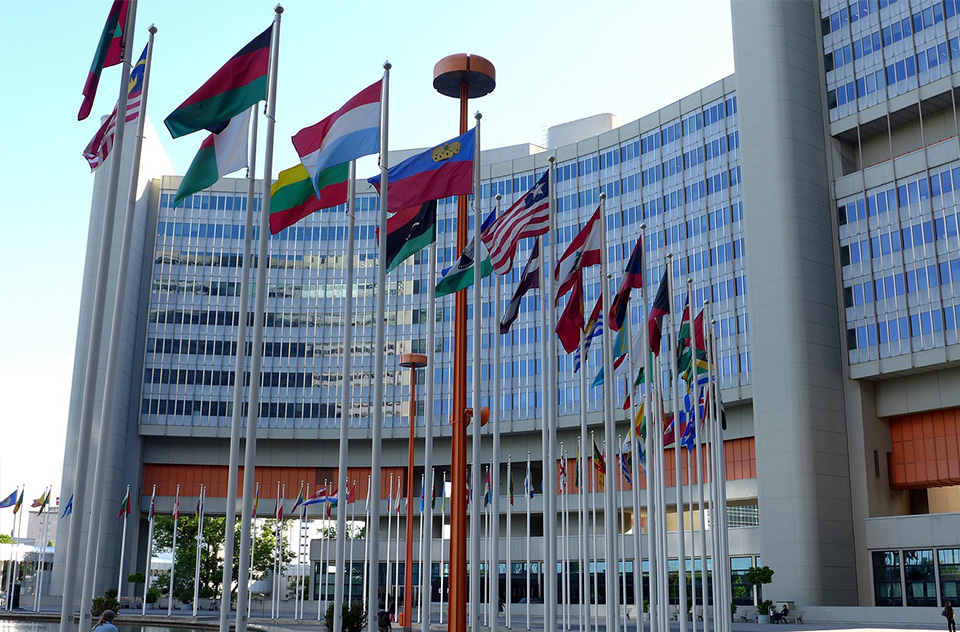
55507891
Dekolonisierung nach 1945
Geschichte 10, Vol. 2
In unserem Arbeitsheft "Dekolonisierung nach 1945 - Geschichte 10, Vol. 2" finden Sie 50 unterschiedliche interaktive und didaktisch aufbereitete Aufgaben. Das Medium bietet H5P-Aufgaben an, die ohne zusätzliche Software verwendbar sind. Das Medium enthält 50 H5P-Aufgaben zum Thema Dekolonisierung nach 1945. Diese beinhalten unter anderem die Definition und Geschichte des Kolonialismus, der Dekolonisierung und die politischen Entwicklungen bis heute. Die Aufgaben dienen der Wissensvermittlung, -vertiefung und -abfrage. Durch interaktive Aufgabentypen wird das audiovisuelle und interaktive Lernen einfach. Lernen macht jetzt Spaß!
Demo
Included Tasks
- Was ist Kolonialismus?
- Das Recht auf Selbstbestimmung der Völker
- Der europäische Kolonialgedanke
- Kolonialgeschichte Afrikas – Die Aufteilung des Kontinents
- Vielvölkerstaaten Afrikas
- Rolle der UNO bei der Dekolonisierung
- Das Afrikanische Jahr
- 1960: Das "Afrikanische Jahr"
- Die Afrikanischen Unabhängigkeitsbewegungen
- Die Grenzen der neuen Afrikanischen Staaten
- Das Afrikabild in der Gegenwart
- Die Wirtschaftssituation in afrikanischen Ländern nach der Unabhängigkeit
- Tribalismus in Afrika
- Die Afrikapolitik Deutschlands seit 2014
- Rund um Afrika - Herausforderungen und Chancen
- Afrikanische Beutekunst in europäischen Museen
- Restitution afrikanischer Beutekunst
- Altkleiderexporte von Deutschland nach Afrika
- Mangelndes Demokratiebewusstsein in afrikanischen Staaten
- Was sind Failed States?
- Verschiedene Failed States in der Geschichte
- Somalia als Failed State?
- Krisenkontinent vs. Chancenkontinent
- Panafrikanismus – Visionen für ein vereintes Afrika
- Die Afrikanische Union (AU)
- Neue Seidenstraße – Partnerschaft oder neuer Kolonialismus?
- Agenda 2063: The Africa We Want
- Politische Indizes
- Politische Indizes - Definition und Inhalt
- Deutschland und politische Indizes
- Wie aussagekräftig sind politische Indizes?
- Der globale Süden
- Chancen des globalen Südens
- UNHCR - Der hohe Flüchtlingskommissar der Vereinten Nationen
- Afrikanische Migration nach Europa
- Push und Pull: Wie Kolonialismus Migration geprägt hat
- Entwicklungshilfe weltweit: Wer hilft wem?
- Entwicklungshilfe – Partnerschaft oder Bevormundung?
- Entwicklungshilfe - Hilfe oder Bevormundung?
- Entwicklungshilfe - Vorteile und Nachteile
- Ehemalige Kolonien und Entwicklungshilfe
- Koloniale und paternalistische Stereotypen
- Kolonialistische Stereotypen
- Paternalistische Stereotypen
- Koloniale Klischees in den Medien
- Nahostkonflikt - Überblick Zeitstrahl
- Israel und Kolonialismus – Eine differenzierte Betrachtung
- Weltreligionen in Jerusalem
- Was ist Islamismus?
- Islamismus und Terrorismus
Curriculum-centred and oriented towards educational standards
Matching
Ways to Democracy
This film shows the most important stages on the way to the development of democracy in Germany. It begins with the foundation (1792) and quick end (1793) of the Republic of Mainz in the course of the French Revolution, gives an account of the Hambacher Fest in the pre-March era and the failed revolution of 1848/49, contemplates the democratic development in the German empire and the late realisation of the first German democratic national state in the Republic of Weimar. Other important steps are the erosion of the Weimar constitution after 1933, Germany’s transformation into the national socialist dictatorship and World War II as well as the formation of different democratic models in West Germany and East Germany after 1945. Finally, it is described where the rules of democracy can be explained and practiced today and what current dangers there are to the democratic system of government. The aim is to make pupils aware of the fact that democracy must not be taken for granted – it is a historical legacy that we always have to safeguard.
Europe
According to many scientists, the beginnings of Europe go back to antiquity, and there specifically to the freedom and democracy of the Greeks. Others consider the foundations laid as late as in the Middle Ages. But the settlement of the area we call Europe today began far earlier. The key periods of our European history are to explain how Europe became what it is today.




